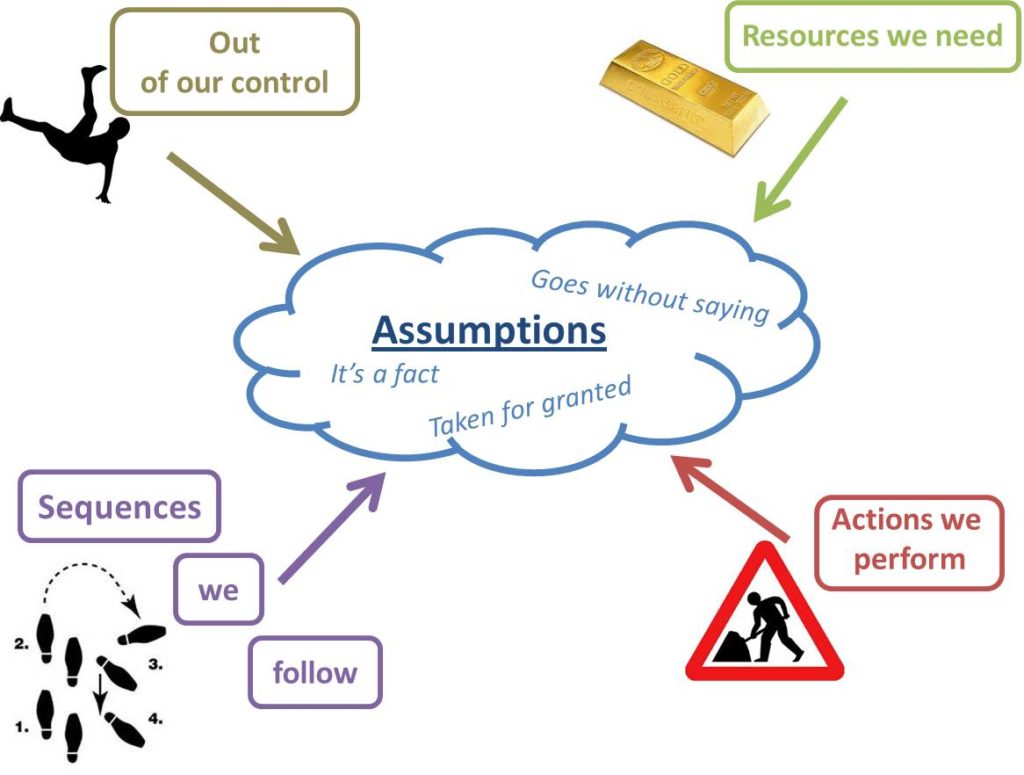Concept Mapping
Concept maps represent knowledge graphic form. Networks consist of nods, which represent concepts, and links, which represent relationships between concepts. Concept maps can aid in generating ideas, designing complex structures or communicating complex ideas. Because they make explicit the integration of old and new knowledge, concept maps can help instructors assess students’ understanding.
Build a hierarchical organization of the concepts, using Post-its on a wall or whiteboard, large sheets of paper, etc. Seek cross links between concepts, adding linking words to the lines between concepts.
Role-playing
In most role-playing exercises, each student takes the role of a person affected by an issue and studies an issue or events from the perspective of that person. Role-playing should give the students an opportunity to practice what they have learned and should interest the students. Provide concrete information and clear role descriptions so that students can play their roles with confidence. Once the role play is finished, spend some time on debriefing.


